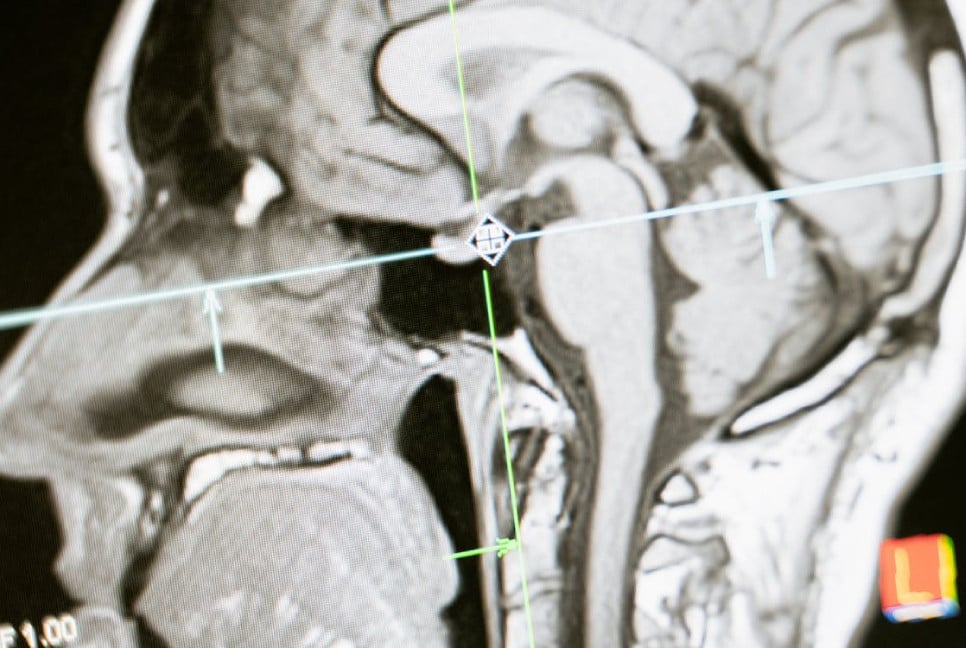Optimizing the cognitive benefits of dreams and sleep is crucial for enhancing emotional resilience, memory consolidation, problem-solving, and mental health. During sleep, the brain processes memories, strengthens positive emotions, and weakens negative ones, which supports cognitive function and stress resilience.
Dreams, especially those during REM (Rapid Eye Movement) sleep, play a key role in processing emotions and enhancing our ability to handle challenges.
REM sleep is vital for emotional regulation. During this stage, the brain revisits difficult memories without triggering stress responses, allowing emotional processing to occur in a calmer state. The hippocampus and amygdala work together to reassess emotionally charged memories, helping to decouple strong emotional reactions from past events. This emotional recalibration fosters resilience, making us less reactive to stress during the day.
Sleep deprivation, on the other hand, disrupts this process. Lack of REM sleep leads to increased emotional reactivity, with the amygdala becoming more sensitive to negative stimuli, which can leave us more prone to emotional imbalance and stress.
Dreams also serve as a tool for rehearsal and exploration. According to dream theorists, dreams allow us to simulate various life scenarios and explore possible outcomes, which helps us gain deeper insights into personal issues and potential solutions. This "what-if" exploration in dreams can enhance creativity and problem-solving, providing perspectives that are often inaccessible in waking life.
Recent advancements in sleep engineering suggest that sleep and dreams can be actively influenced. Techniques such as sensory stimulation—using sounds or scents—can enhance memory, creativity, and emotional processing. Targeted memory reactivation (TMR), for example, links specific sounds to memories or desired dream outcomes, potentially improving learning and emotional regulation.
On a more practical level, individuals can optimize their sleep and dreams by establishing good sleep habits. Ensuring sufficient sleep, aligning wake-up times with sleep cycles, and avoiding disruptions can improve REM sleep and, in turn, cognitive and emotional health. Sleep-promoting habits, such as using audio cues or creating a relaxing sleep environment, can also enhance dream quality.
Additionally, directing dreams by thinking about a particular topic or problem before sleep has been shown to improve cognitive performance on tasks like solving puzzles or remembering information.
Ultimately, while sleep engineering technologies are advancing, prioritizing good sleep hygiene and appreciating the cognitive value of dreams can lead to substantial benefits in emotional health, creativity, and cognitive function.
By nurturing both REM and NREM sleep, individuals can maximize the mental and emotional advantages that sleep provides, setting the stage for a more productive and insightful day ahead.
Source: The Guardian
Bd-pratidin English/Fariha Nowshin Chinika
































































